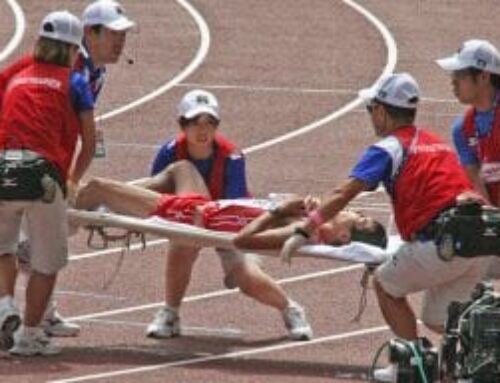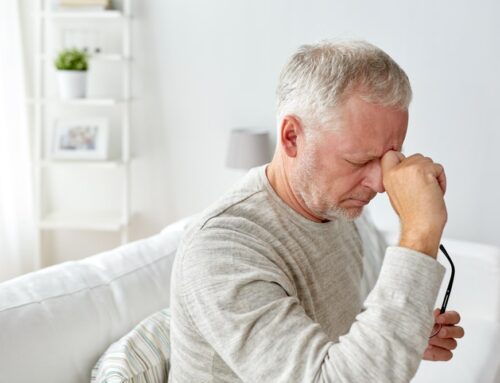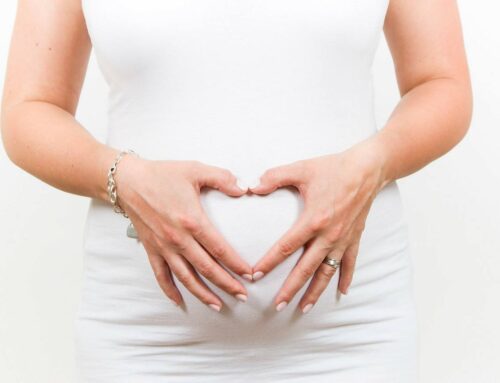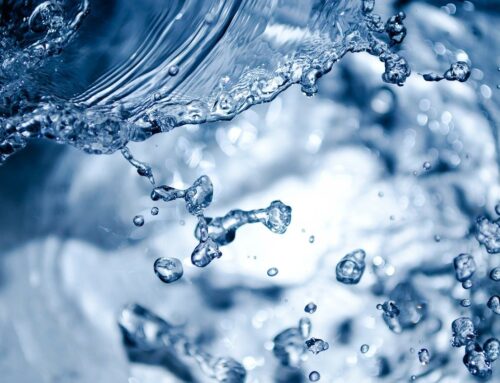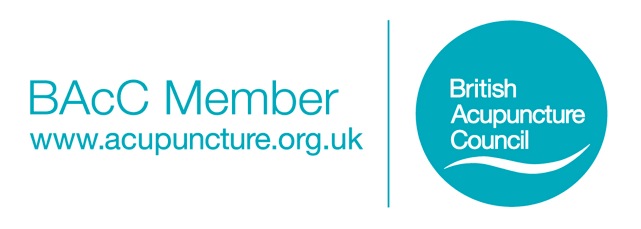Recently I have been treating more patients with Migraine and it’s clear to me that within a few sessions most are reporting a reduction of symptoms leading to a reduction of medication.
What is Migraine?
Migraine is a primary headache disorder manifesting as recurring attacks, usually lasting for 4 to 72 hours and involving pain of moderate to severe intensity which in many cases can be debilitating are require long-term, if not lifelong, medication.
Typical characteristics of Migraine are unilateral (one side) location, pulsating quality, moderate or severe intensity, and aggravation by routine physical activity. Sufferers may also experience auras, photophobia (light sensitivity), phonophobia (noise sensitivity), nausea and vomiting. Migraine is a common disorder in the UK with studies finding migraine incidence rate to be 3.69 cases per 1,000 persons, and to be around 2.5 times higher in women than men.
There are several types of migraine, including:
- with aura – where there are specific warning signs just before the migraine begins, such as seeing flashing lights
- without aura – the most common type, where the migraine occurs without the specific warning signs
- aura without headache, also known as silent migraine – where an aura or other migraine symptoms are experienced, but a headache doesn’t develop
Many people with migraine can be adequately treated when the attacks occur, but some need prophylactic interventions, as their attacks are either too frequent or are insufficiently controlled in this way. Several drugs, such as beta-blockers, amitriptyline or sodium valproate, are used in the prophylaxis of migraine in an attempt to reduce attack frequency, but all these drugs are associated with adverse effects.
How can Acupuncture Help?
In my experience, it takes a few sessions to start seeing an effect, which is not surprising if you have been suffering for a long time. I generally start off with some light acupuncture to see how you react and then after 1 or 2 sessions, we might introduce some massage or cupping.
Once we have a Traditional Chinese Medicine diagnosis we can discuss what the best options are for your treatment.
From a research point of view there have now been many controlled trials of acupuncture for migraine, with some large, high-quality ones in recent years.
The results of the latest reviews are quite consistent: acupuncture is significantly better than no treatment/basic care for managing migraine, and appears to be at least as effective as prophylactic drug therapy, with few contraindications or unpleasant side effects.
Acupuncture can help in the treatment of migraine by:
- Providing pain relief – by stimulating nerves located in muscles and other tissues,
- Releaseing endorphins and other neurohumoral factors and changes the processing of pain in the brain and spinal cord
- Reducing inflammation – by promoting release of vascular and immunomodulatory factors.
- Reducing the degree of cortical spreading depression (an electrical wave in the brain associated with migraine) and plasma levels of calcitonin gene-related peptide and substance P (both implicated in the pathophysiology of migraine)
- Modulating extracranial and intracranial blood flow.
- Affecting serotonin (5-hydroxytriptamine) levels in the brain (Serotonin may be linked to the initiation of migraines; 5-HT agonists (triptans) are used against acute attacks.)
For more information please go to Migraine Action


